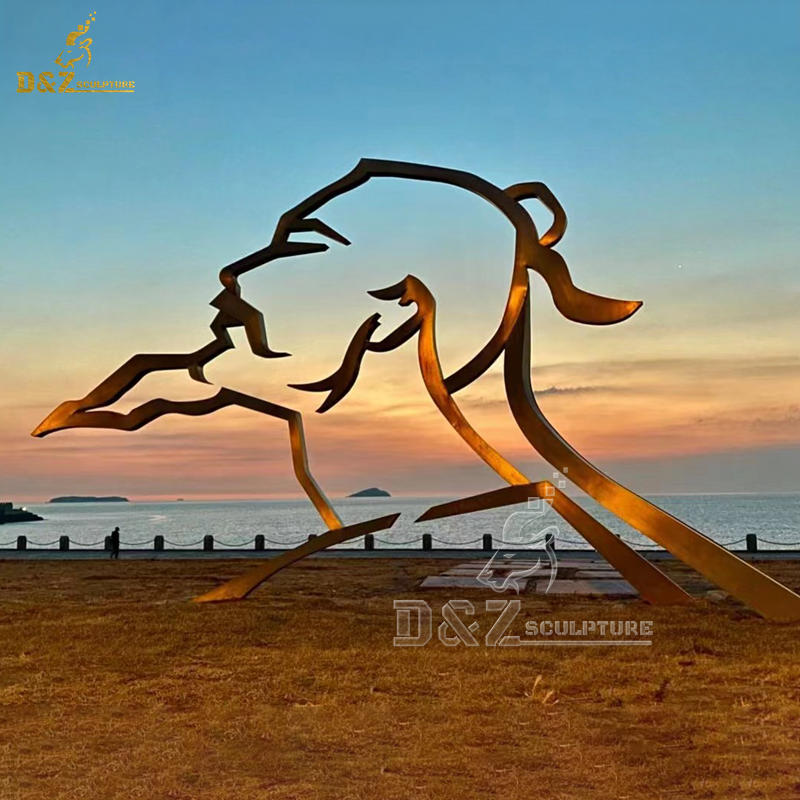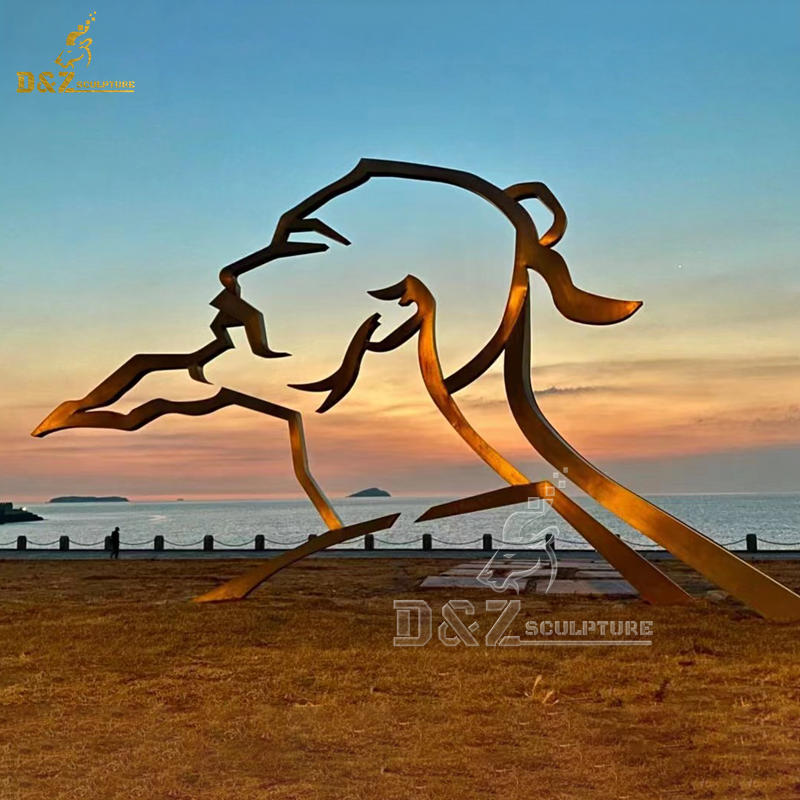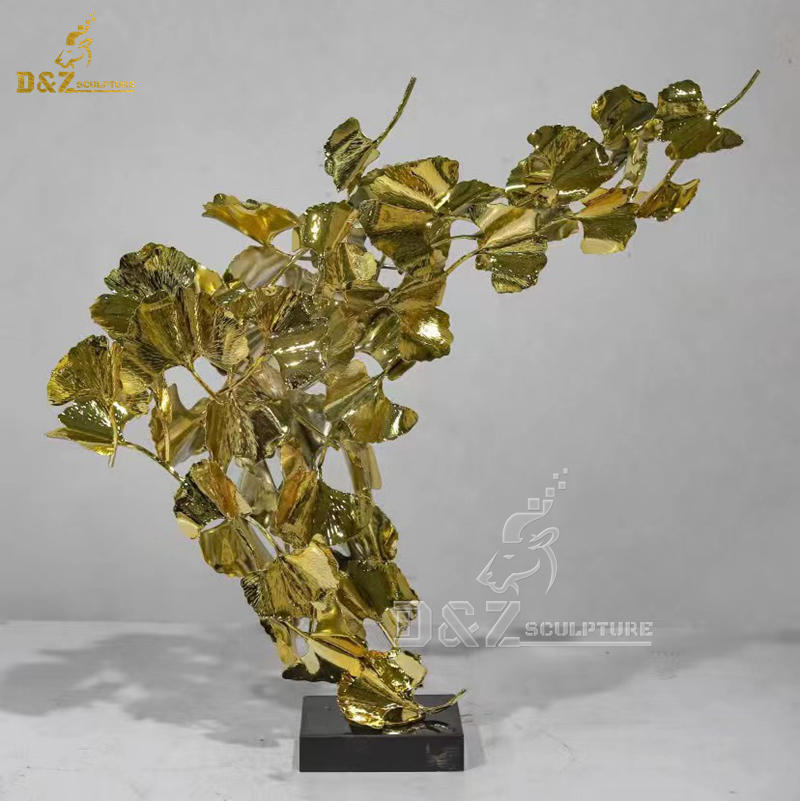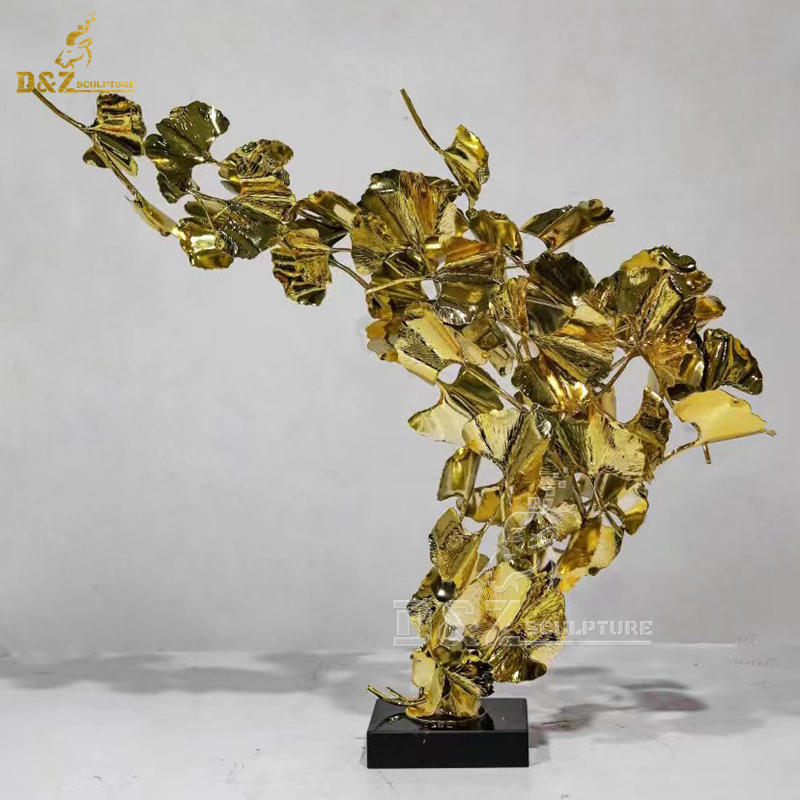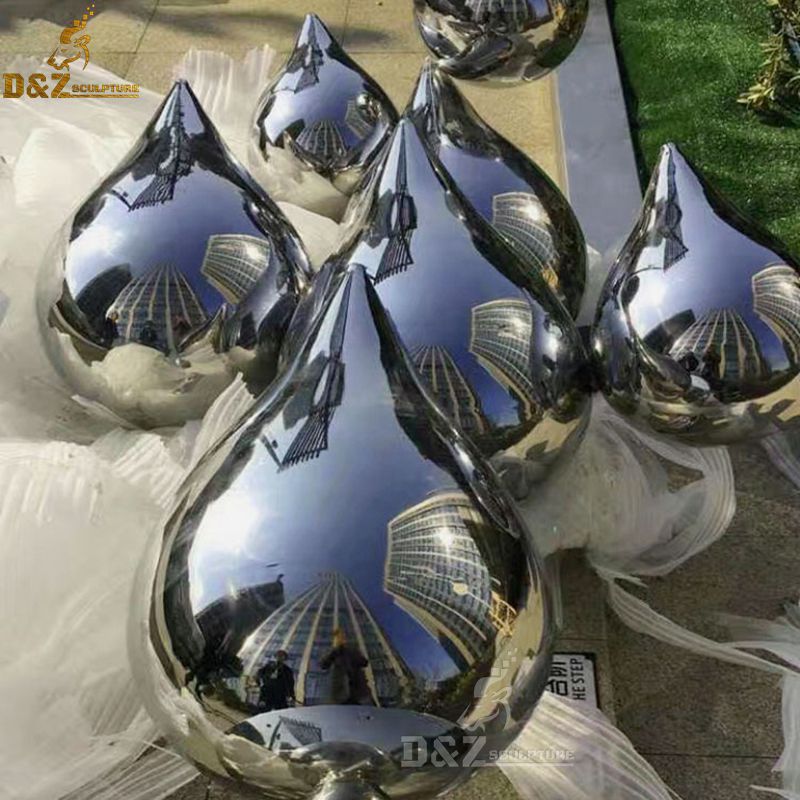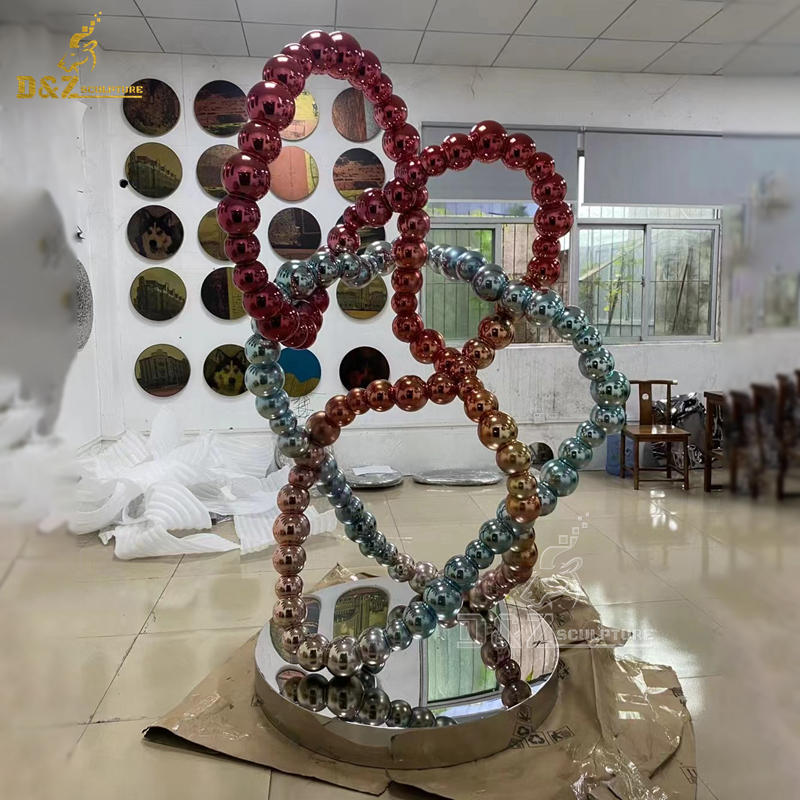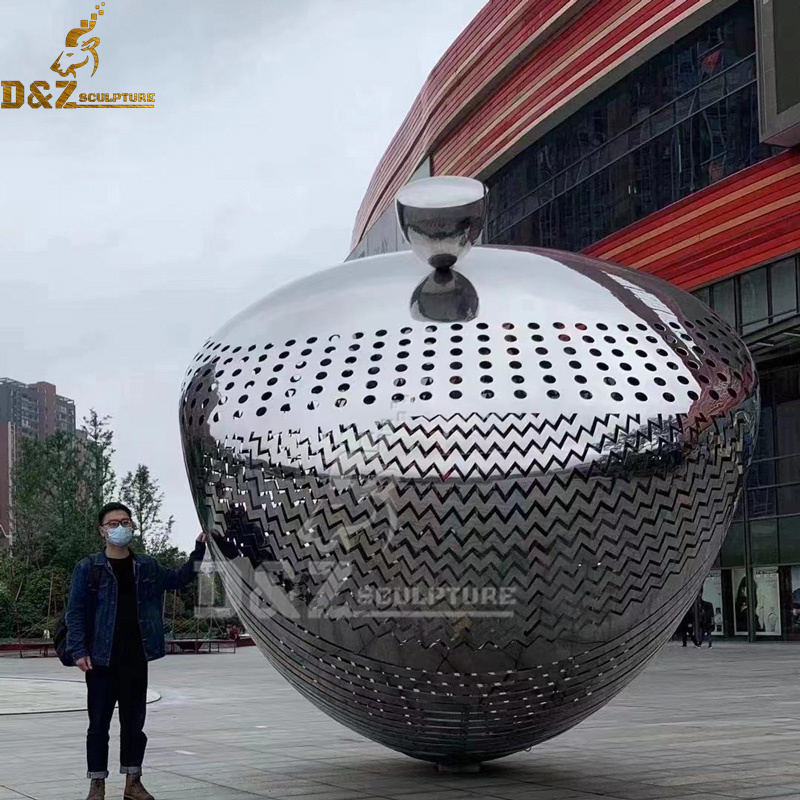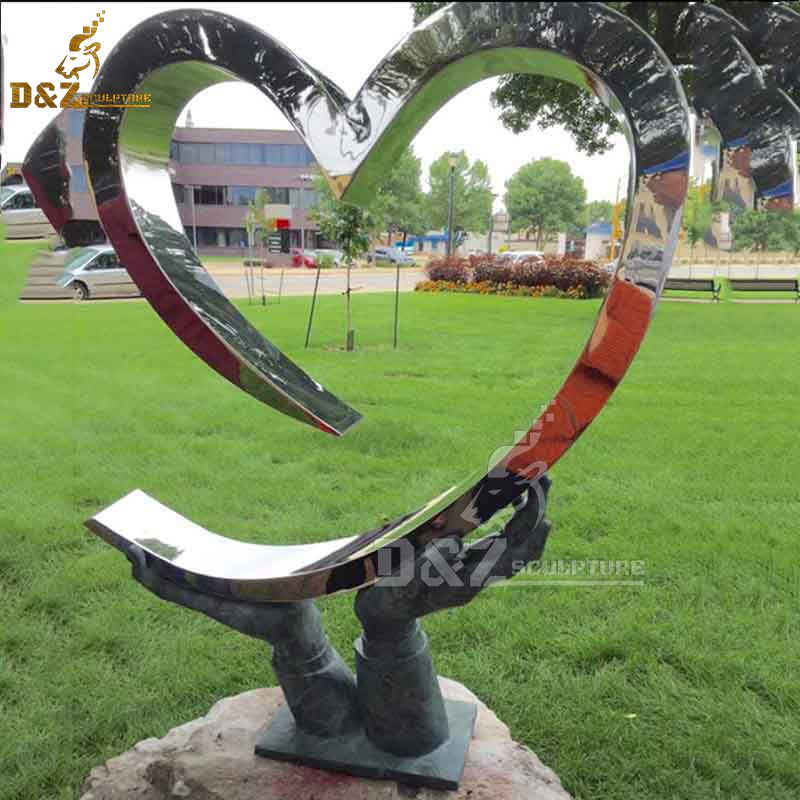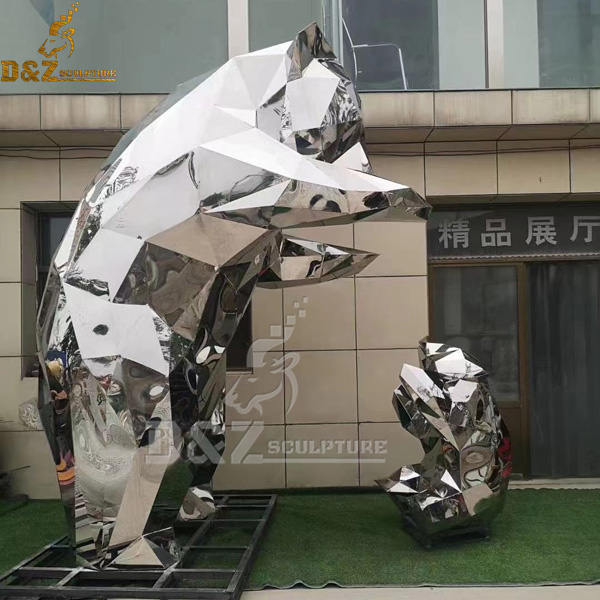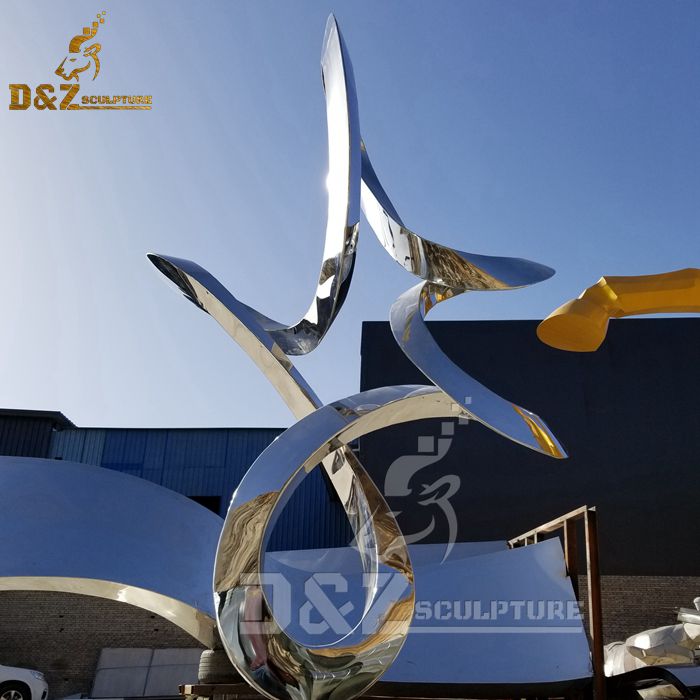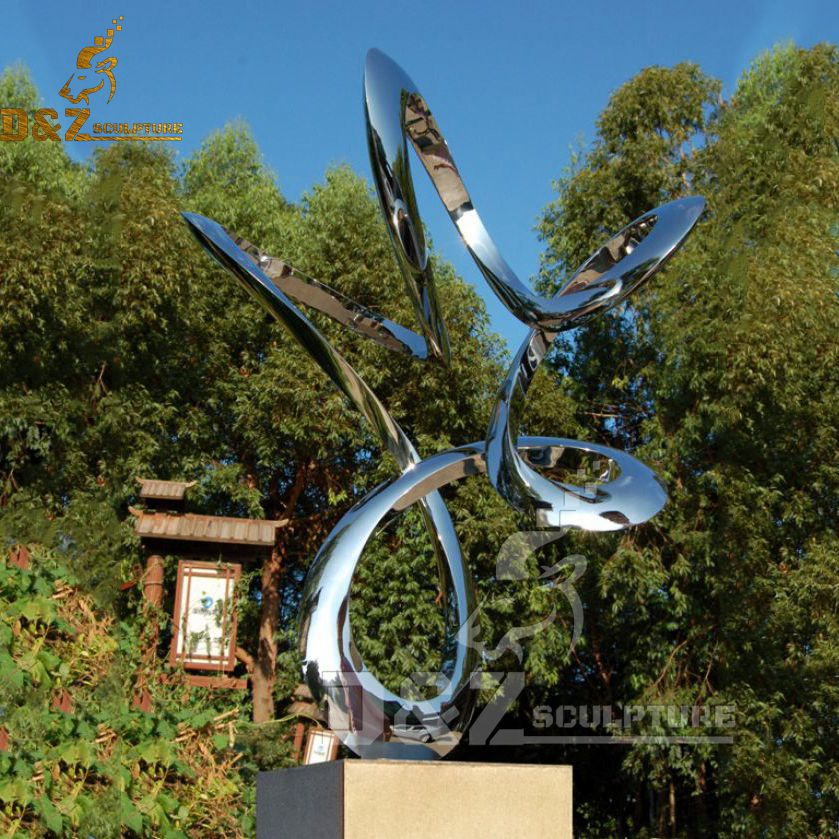stainless steel figure metal Li Bai head sculpture for sale DZM 1278
Product detail
Li Bai (28 February 701 – December 762) was a great romantic poet of the Tang dynasty, known as the ‘Immortal of Poetry’, together with Du Fu, known as ‘Li Du’. “Li Du, together with Du Fu, is known as Li Du. To distinguish them from the other two poets, Li Shangyin and Du Mu, who are known as Little Li Du, Du Fu and Li Bai are collectively known as Big Li Du. The Old Book of Tang records that Li Bai was a native of Shandong; the New Book of Tang records that Li Bai was the ninth grandson of Li Hao, the Xing Sheng Emperor, and was of the same clan as the kings of Li Tang. He was a bright and generous man who loved to drink and write poetry, and liked to make friends.
Li Bai’s poems are mostly written when he was drunk, and his masterpieces include “Looking at Mount Lushan Waterfall”, “The Difficulty of Walking”, “The Difficulty of Shu Dao”, “General Wine” and “Early Departure from Baidi City”. The Song dynasty has already recorded Li Bai’s lyrics (e.g. Wen Ying’s The Wild Records of the Xiang Mountains, volume 1).
Li Bai’s music, songs and stanzas are the most accomplished. Li Bai’s songs and lines break away from all conventional forms of poetic composition, and are so empty and varied that they achieve a magical state of fluidity and variety. Li Bai’s stanzas are natural, clear and elegant, expressing endless emotions in simple, clear language. Among the poets of the Sheng Tang dynasty, Wang Wei and Meng Haoran were long on the Five Absolutes, while Wang Changling and others wrote the Seven Absolutes very well.
Li Bai’s poems are majestic and elegant, and his artistic achievement is extremely high. Li Bai’s poems are a celebration of the mountains and rivers of his country and the beautiful natural scenery of his country, in a style that is both majestic and exuberant, and rich in the spirit of romanticism, achieving unity of content and art. He was known by He Zhizhang as the ‘Immortal in Exile’, and most of his poems are mainly about landscapes and expressing his inner feelings. Li Bai’s poems have the artistic charm of being written in such a way as to shock the wind and rain and to cry out to the gods. Li Bai’s poems are rich in self-expression and subjective lyricism, and the expression of his emotions has an overwhelming and overwhelming momentum. He is known as the ‘Great Li Du’, together with Du Fu (Li Shangyin and Du Mu are also known as the ‘Little Li Du’).
Li Bai’s poems often use a combination of imagery, exaggeration, metaphor and personification to create a magical, colourful and moving mood, which is why Li Bai’s romantic poetry is so bold and exuberant, and so ethereal.
Li Bai’s poetry has had a profound influence on future generations. Han Yu, Meng Jiao and Li He of the Middle Tang Dynasty, Su Shi, Lu You and Xin Qiji of the Song Dynasty, Gao Qi, Yang Shen and Gong Zizhen of the Ming and Qing Dynasties were all greatly influenced by Li Bai’s poetry. Li Bai’s poetry, Pei Min’s swordsmanship and Zhang Xu’s cursive calligraphy are collectively known as the Three Greatest Masters of the Tang Dynasty.
Style
Bold and spirited, fresh and airy, rich in imagery, fantastic in mood, marvellous in language, romantic and clear in intent.
Li Bai lived in the Tang dynasty and was a man of great courage, who loved the mountains and rivers of his country and travelled extensively in the north and south, writing many magnificent poems in praise of famous mountains and rivers. His poems are both bold and exuberant, fresh and airy, rich in imagery, fantastic in mood and light-hearted in language, and he is known as the ‘Poet Immortal’. Li Bai’s poetry is not only typically romantic in spirit, but also in its choice of genre and the use of various artistic techniques.